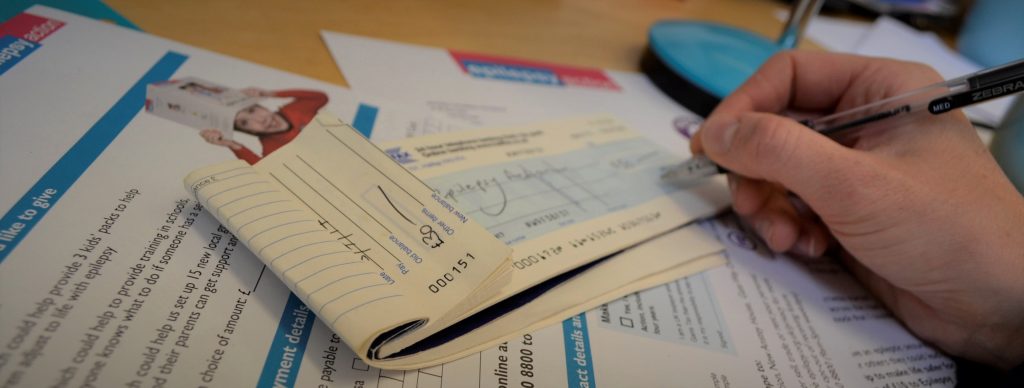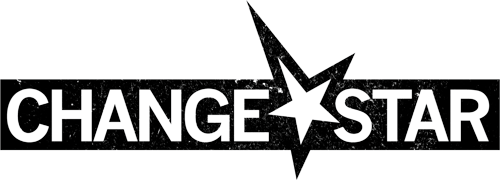
Individual Giving is a person giving a charity a gift of money. The gift to charity could be one or more of the following:
- A cash donation*
- A regular Direct Debit donation
- A gift in their Will – also called Legacy Giving
- Purchase of raffle or lottery tickets
- A donation through payroll
Sometimes, the money raised from charity event sponsorship and community fundraising is also categorised as Individual Giving.
What is not Individual Giving?
The following kinds of charity income are not categorised as Individual Giving:
- Corporate gifts
- Trust grants
- Foundation grants
- National Lottery grants
The National Council for Voluntary Organisations (NCVO) 2018 report states that:
‘Individuals are the largest source of voluntary income, and account for almost half of the sector’s total income (£22.3bn out of £47.8bn).’
ChangeStar are experts in the area of Individual Giving fundraising – see our work here.
(*’Cash’ being a fundraising term which doesn’t literally mean ‘cash’ – we usually mean a one-off donation via cheque or payment card.)
Cold, warm and lapsed audiences
Individual Giving fundraisers balance their time, energy and budget between communicating with the following different audience types:
A charity’s ‘warm donors’ are people who have donated to the charity before, at any value. The donation would be within the last 2-3 years.
Your warm donors are crucial to your charity’s operations – go back to them, cultivate them, get them to help. People give more money when you build a relationship with them. This relationship-building is called ‘donor development’.
A charity’s ‘warm contacts’ are people who have opted into communications with the charity, but never donated before. These could be newsletter subscribers, Facebook page likers, Instagram and Twitter Followers, service users and event attendees. An Individual Giving fundraiser has a far better chance of gaining a donation from these people, than from people with no connection whatsoever to the charity.
A charity’s ‘cold’ audience has never donated to the charity before. This area of work is known as ‘donor recruitment’. The fundraiser will select the demographics of people who are likely to be interested in their cause. An analysis of their charity’s warm donors (following GDPR) will give valuable insight into the type of donor who has given before – including their age, gender, where they live and the media they consume for example.
Fundraisers should always test an approach for donor recruitment, with a small investment, before rolling it out at a larger scale.
A charity’s ‘lapsed’ donor has donated to the charity before, but more than 2-3 years ago. It will include people who no longer wish to give, people who cannot afford to give currently and people who have moved homes but not informed the charity.
Marketing channels for Individual Giving
Individual Giving fundraisers can use the following marketing channels to generate donations:
1. Suitable channels for warm, cold AND lapsed Individual Giving audiences:
- Direct Mail
- Owned Websites
- Social media
- Face to face – at events
- Telephone
Regulations for Opting In to these marketing activities must of course be followed!
2. Suitable channels for cold Individual Giving audiences:
- Press Advertising
- Press Inserts
- Doordrops (unaddressed printed item delivered to targeted postcodes)
- Owned Websites
- Third Party Websites
- Social media
- Face to face – in a public place
- Face to face – door to door
- Telephone
- PR
Good examples of charity press advertisements are here
3. Suitable channels for warm Individual Giving audiences:
- Direct Mail
- Owned Websites
- Social media
- Telephone
Good examples of charity direct mail are here
Individual Giving FAQ’s
Does the term ‘Individual Giving’ cover Major Donors?
Yes. By ‘Major Donors’ we mean people who have given a high-value donation.
Are Capital Appeals Individual Giving?
Yes. The objective of a charity ‘Capital Appeal’ is often to raise money to construct or renovate a building. A capital appeal raises a capital sum rather than ongoing charity costs.
What support can Individual Giving fundraisers obtain in their work?
ChangeStar provides consultancy and creative services to Individual Giving fundraisers for many UK and European charities. We’re knowledgeable and helpful people providing tailored strategy, workshops, recommendations, copywriting, design, print management and digital for Individual Giving fundraising. Find out more about ChangeStar fundraising agency here.
Sign up to receive the ChangeStar ‘Fundraiser’s Friend’ enews.
Also:
- The Institute of Fundraising hold an annual Individual Giving Conference
- UK Fundraising is an excellent source of news on Individual Giving
- See also Charity Digital News
- Charity Connect is a useful forum where you can ask and answer questions on Individual Giving within a friendly online community.
Does a charity need an Individual Giving Strategy?
Yes – this strategy should be a roadmap for the Individual Giving programme over the short and medium term, and should include your first principles:
- Why are we doing Individual Giving?
- What are our strategic aims as an organisation?
- What are our aims for Individual Giving in the light of this?
Your strategy should also include detail of timings, costs and testing plans for each Individual Giving activity.
Call ChangeStar on 01273 964018 for help writing your Individual Giving strategy.
Where can I search for Individual Giving jobs?
There’s a wide variety of interesting fundraising job opportunities at Charity Job.

